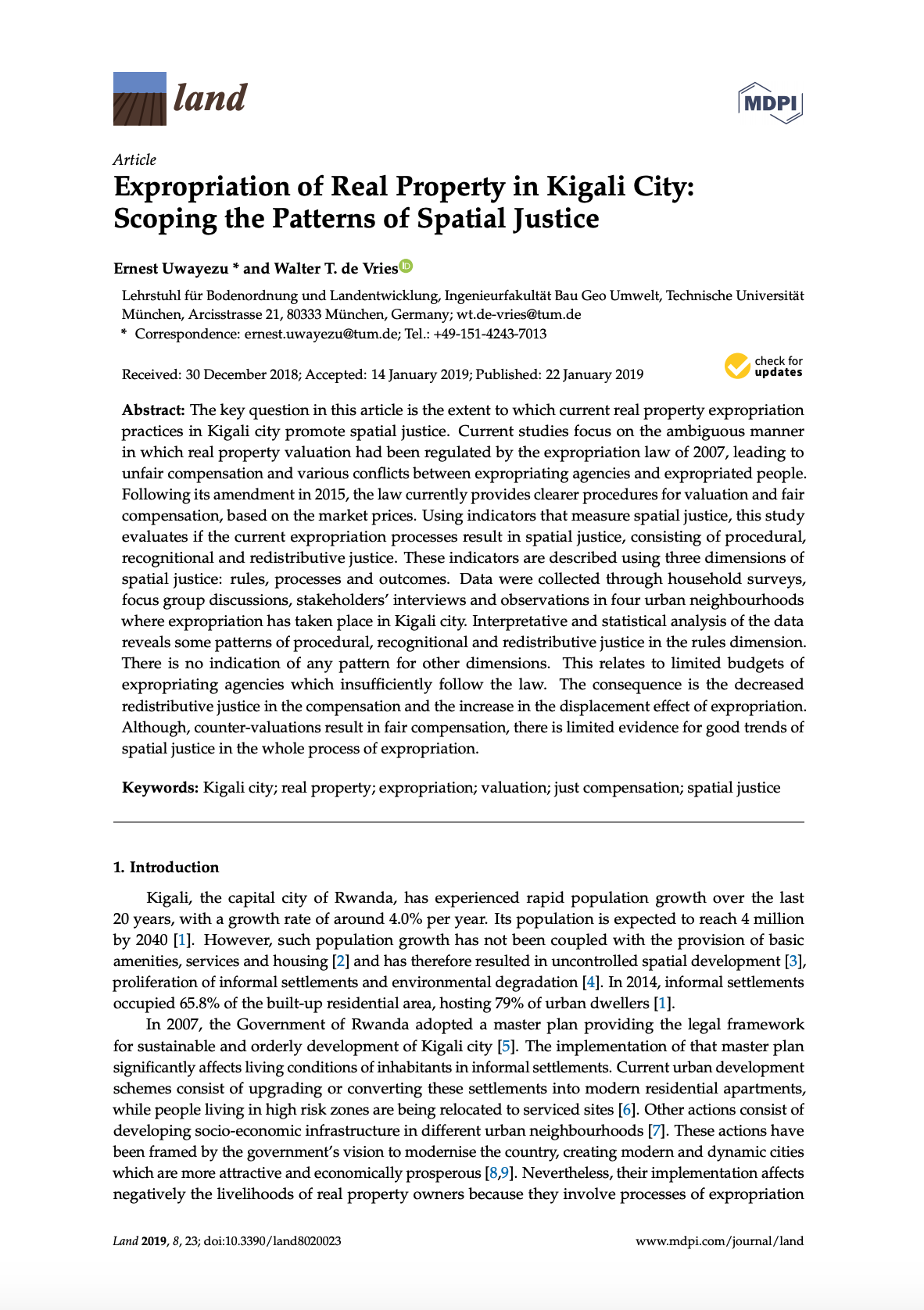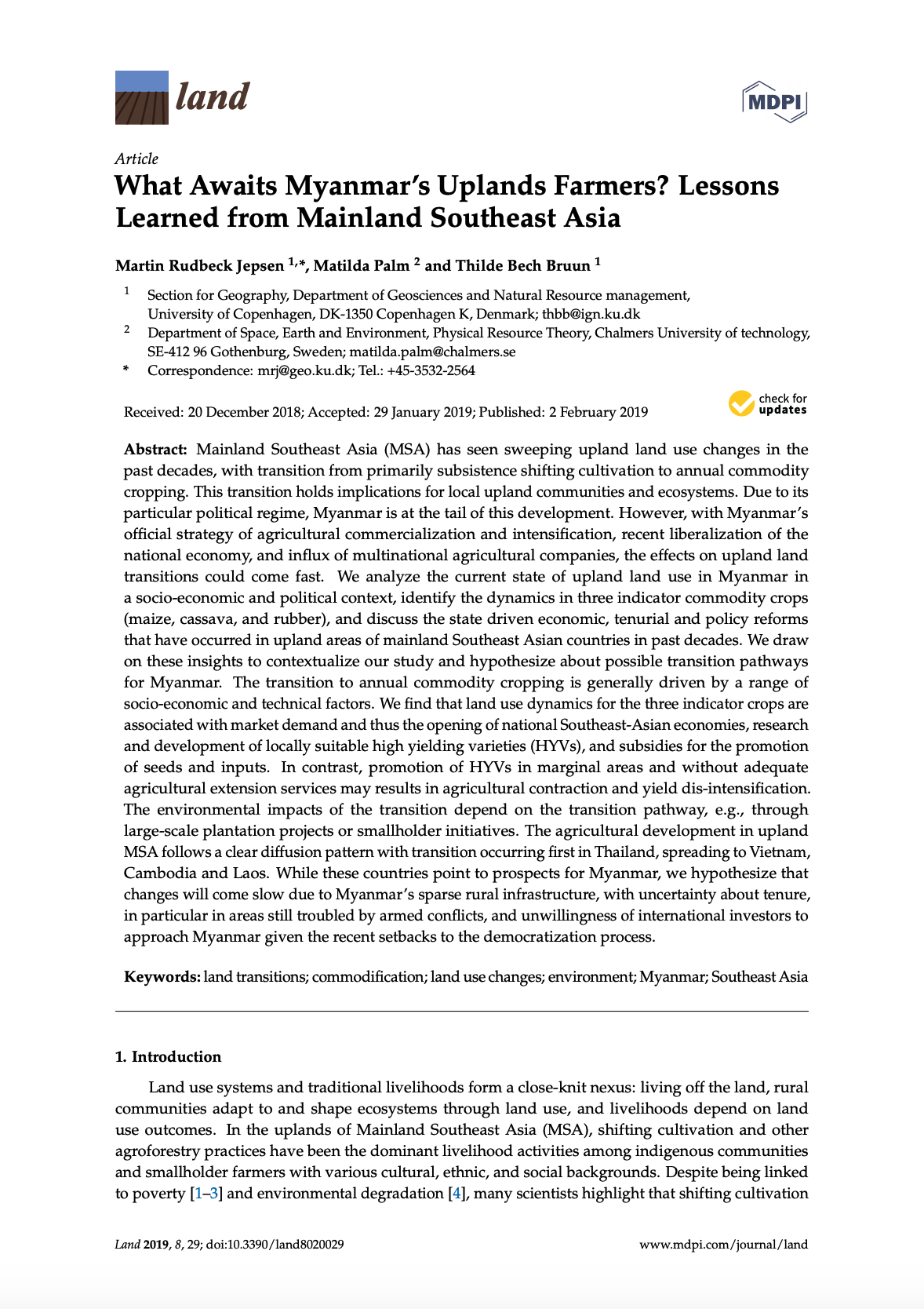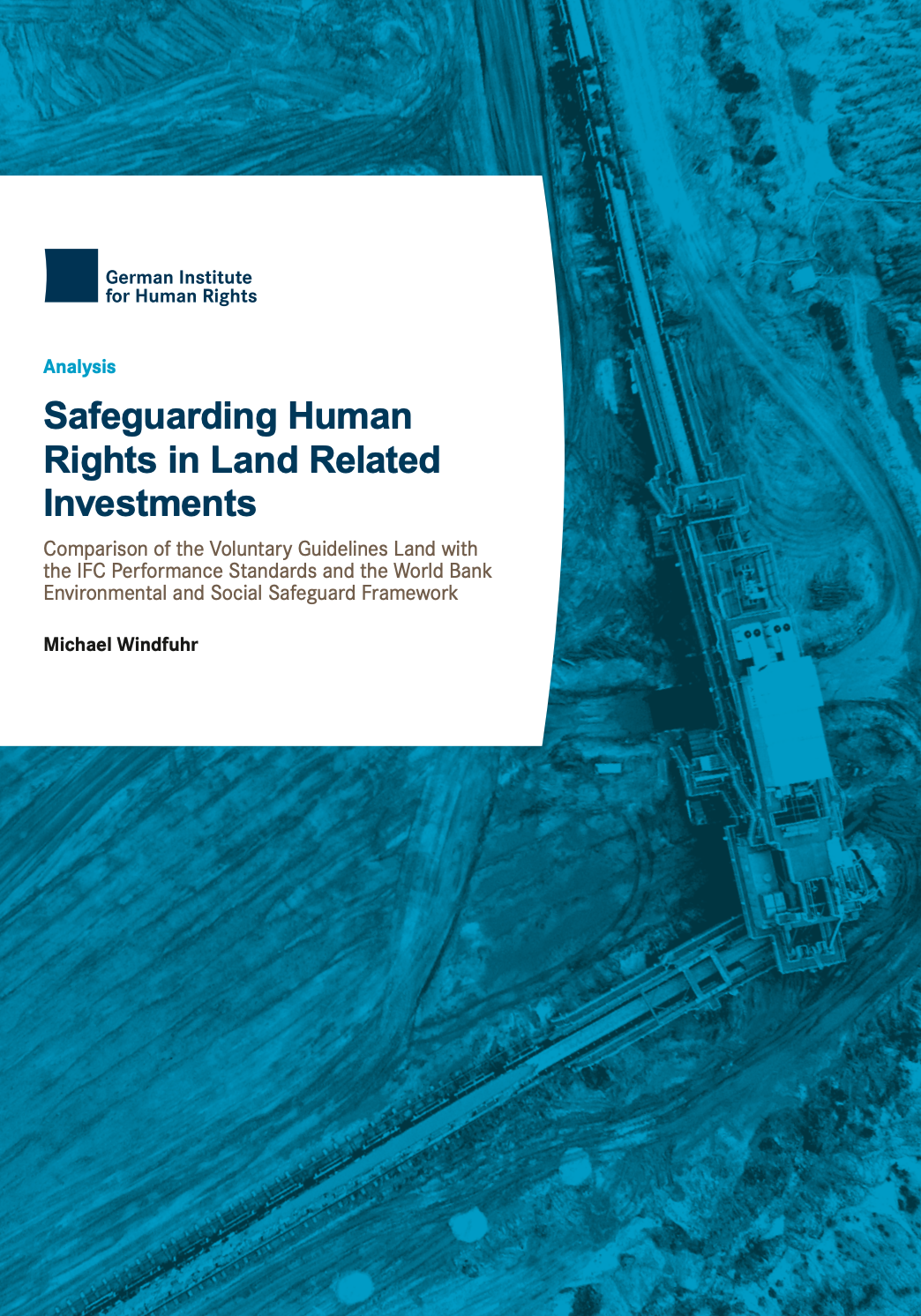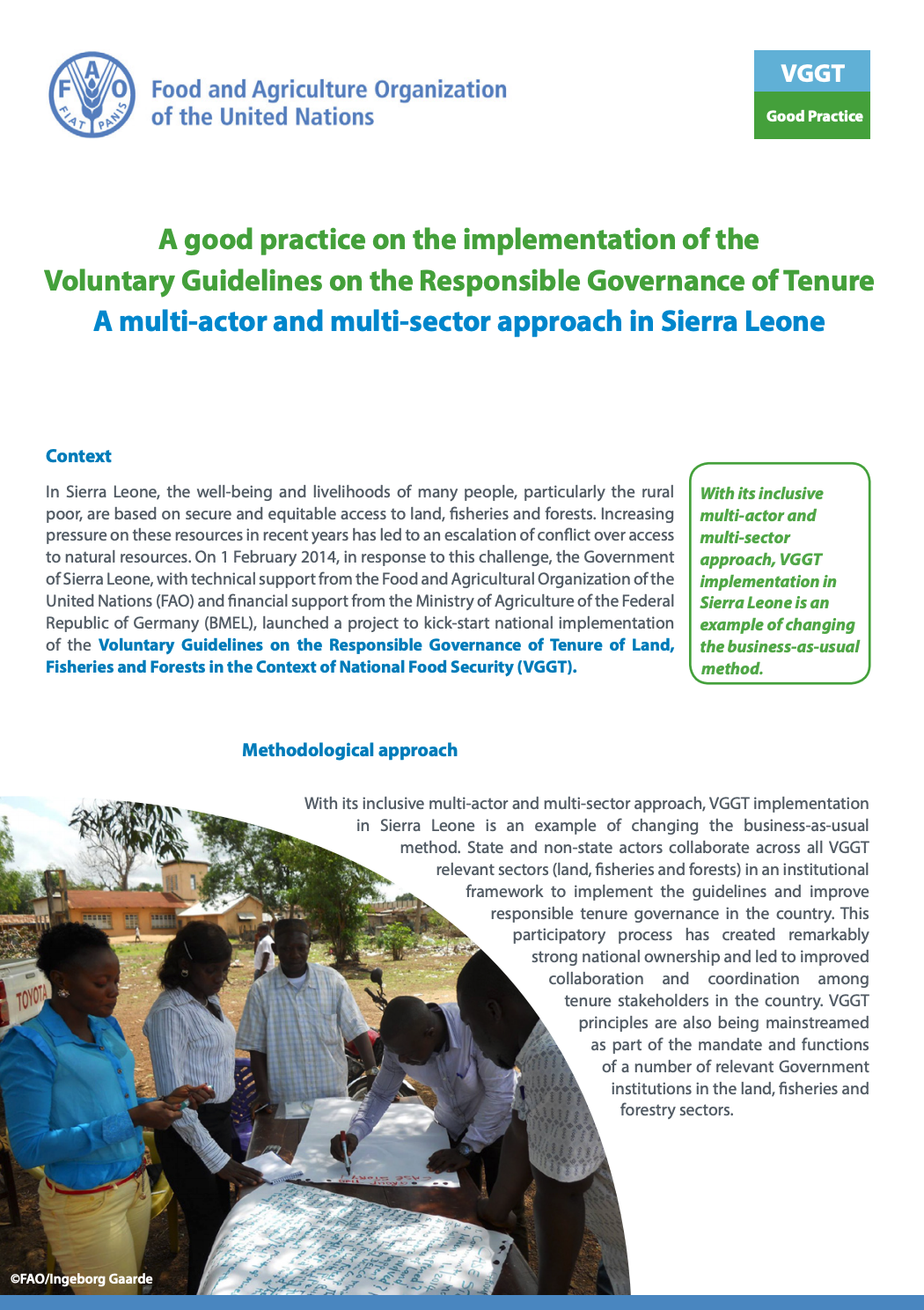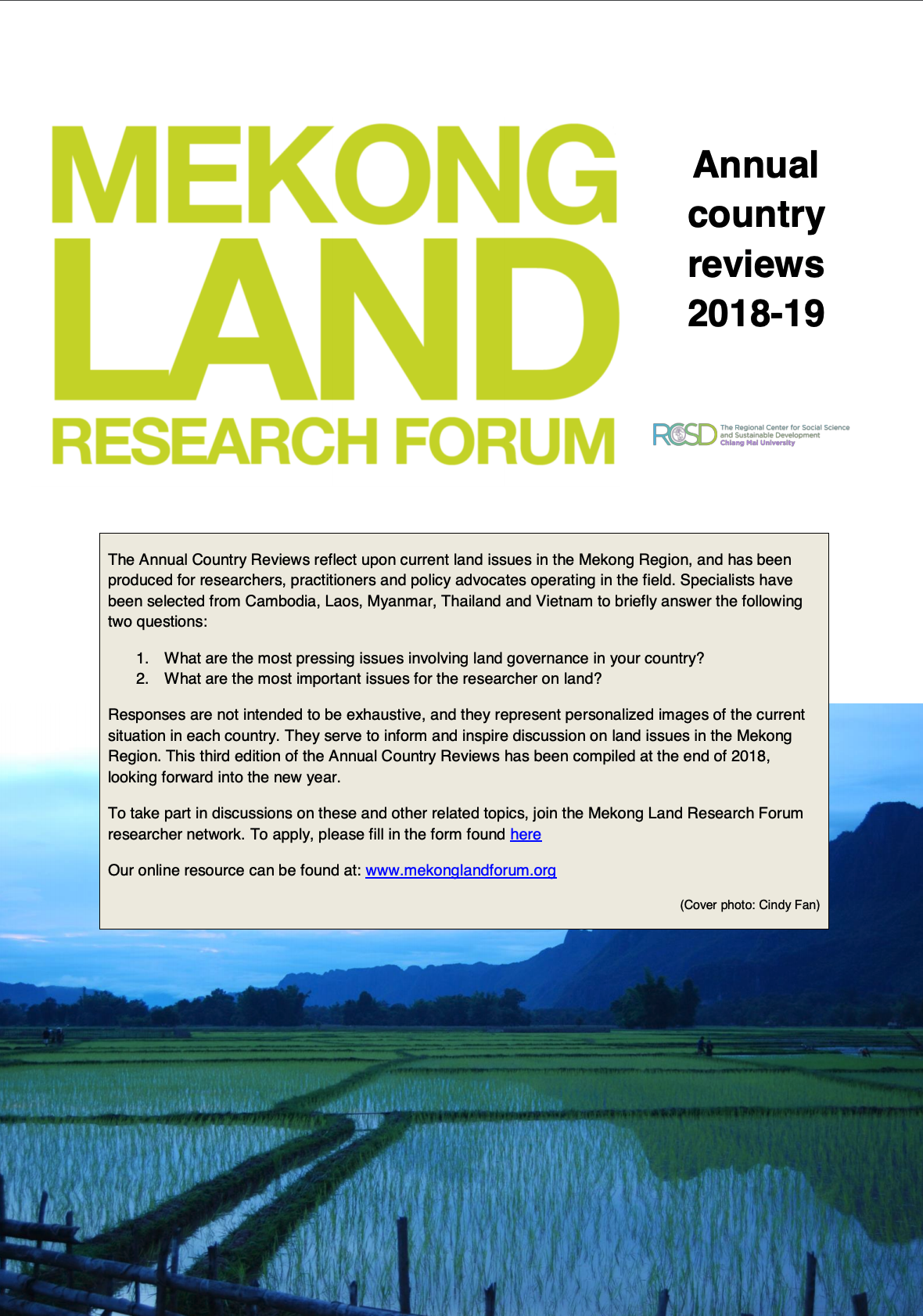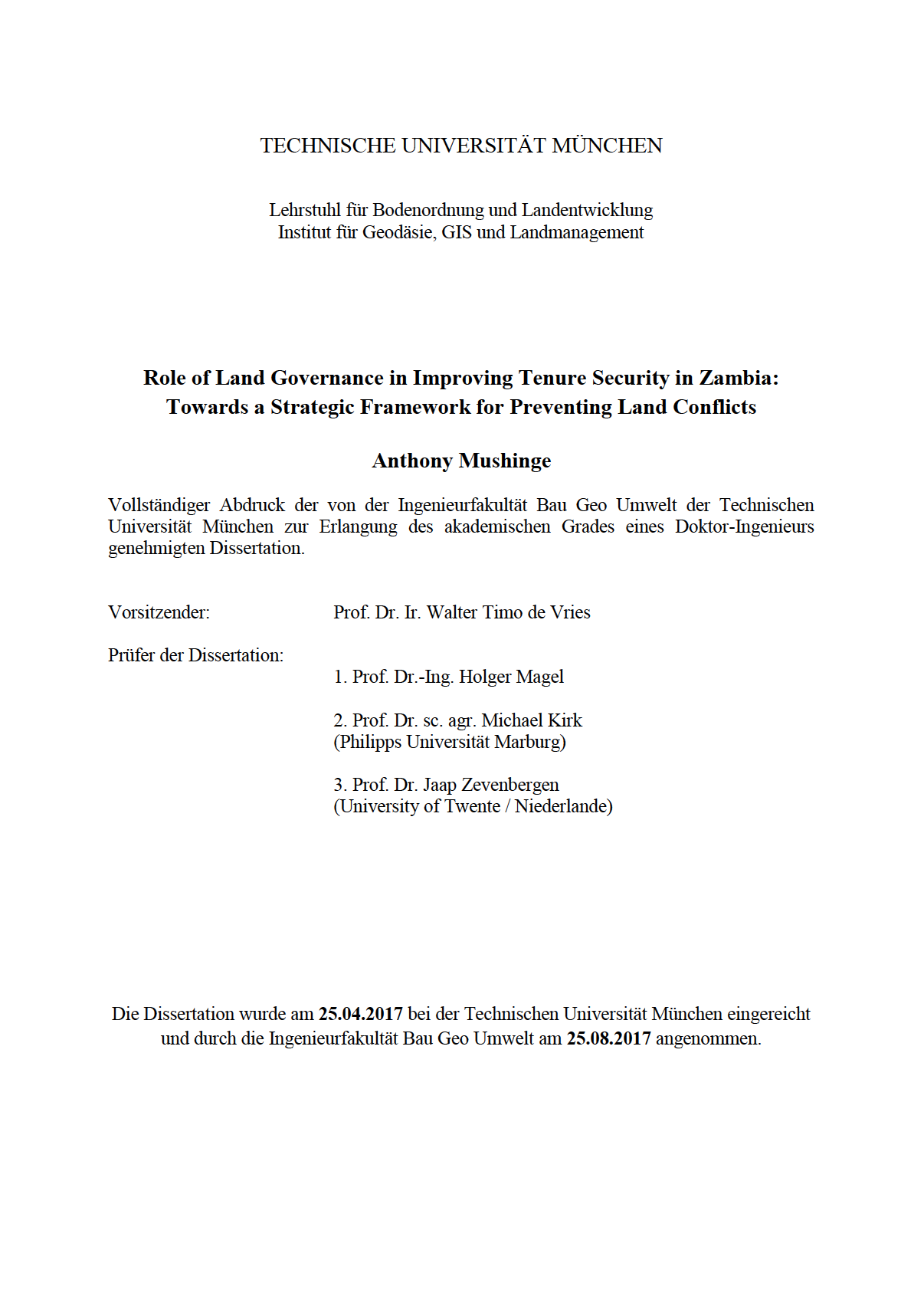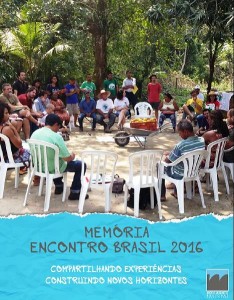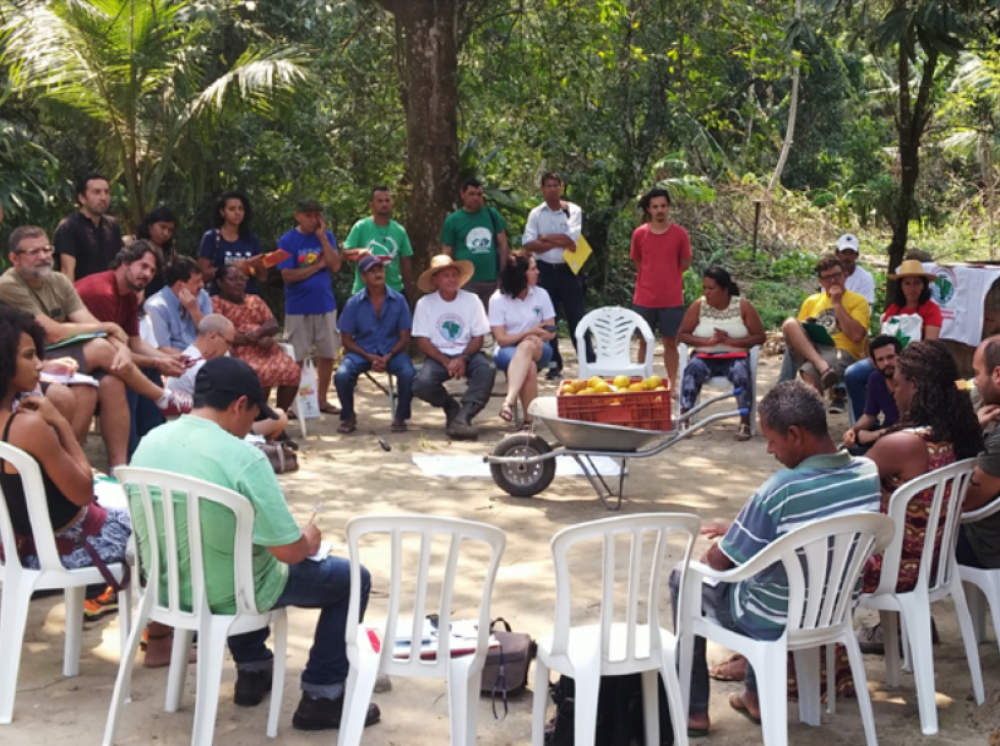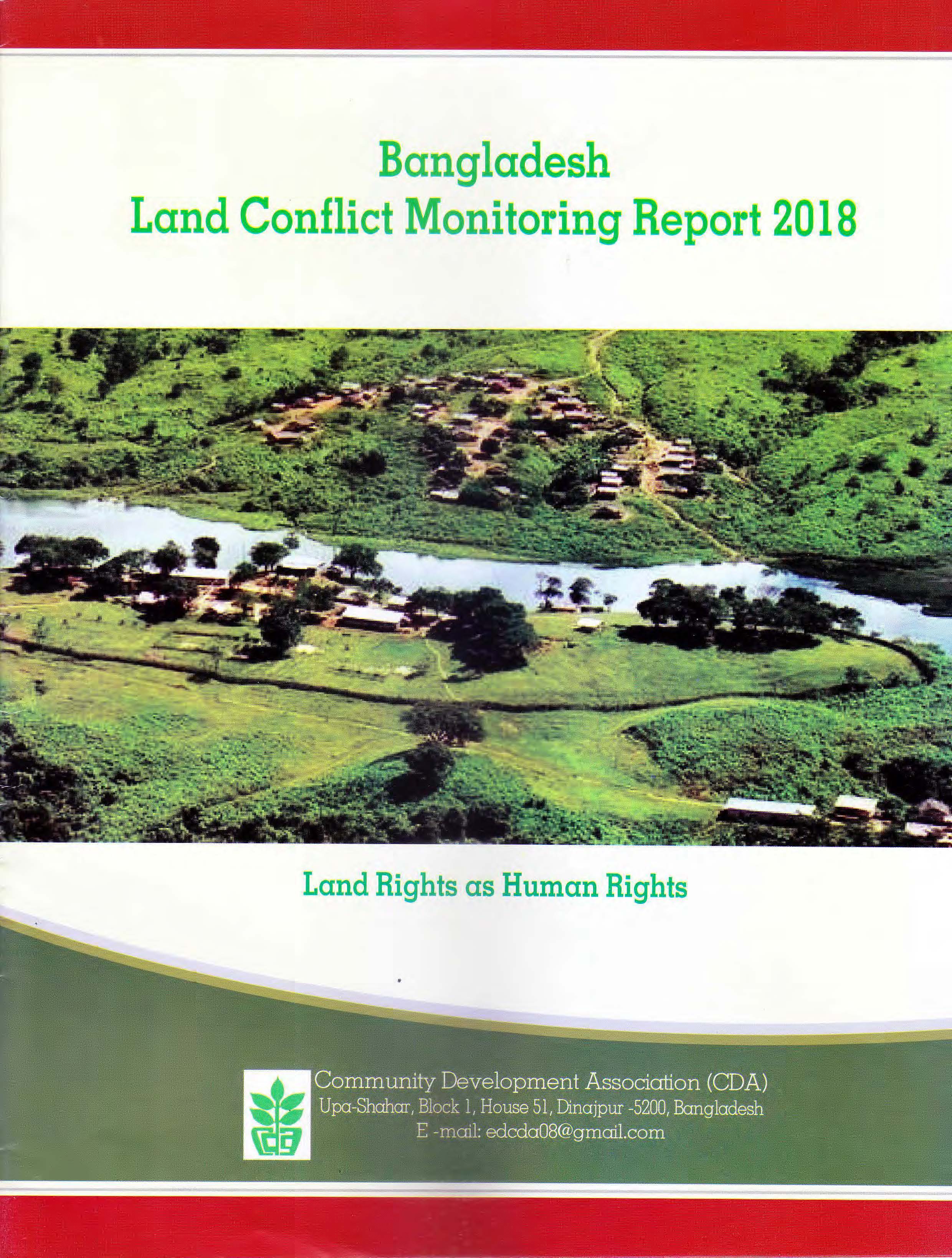Expropriation of Real Property in Kigali City: Scoping the Patterns of Spatial Justice
The key question in this article is the extent to which current real property expropriation practices in Kigali city promote spatial justice. Current studies focus on the ambiguous manner in which real property valuation had been regulated by the expropriation law of 2007, leading to unfair compensation and various conflicts between expropriating agencies and expropriated people. Following its amendment in 2015, the law currently provides clearer procedures for valuation and fair compensation, based on the market prices.

